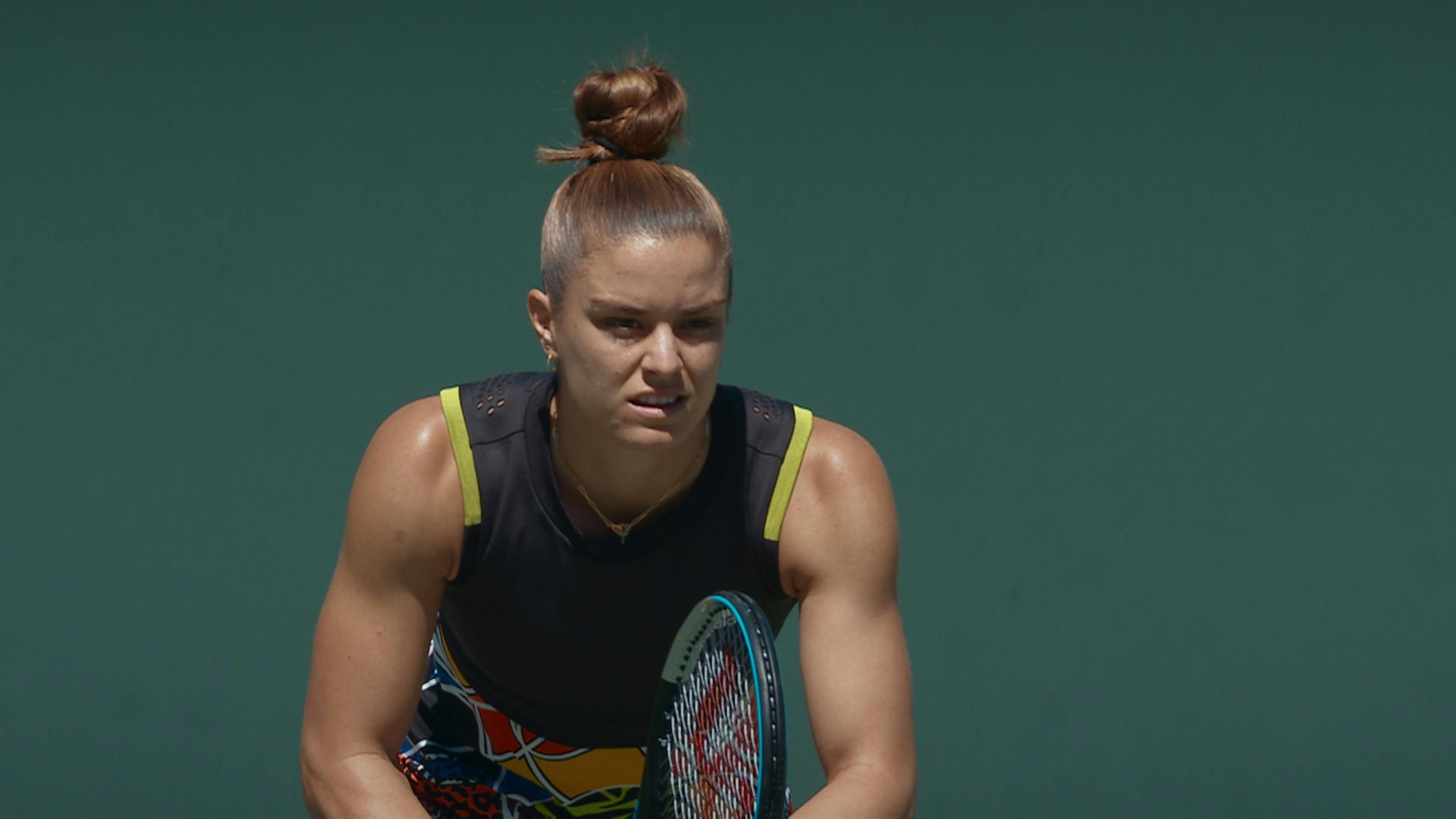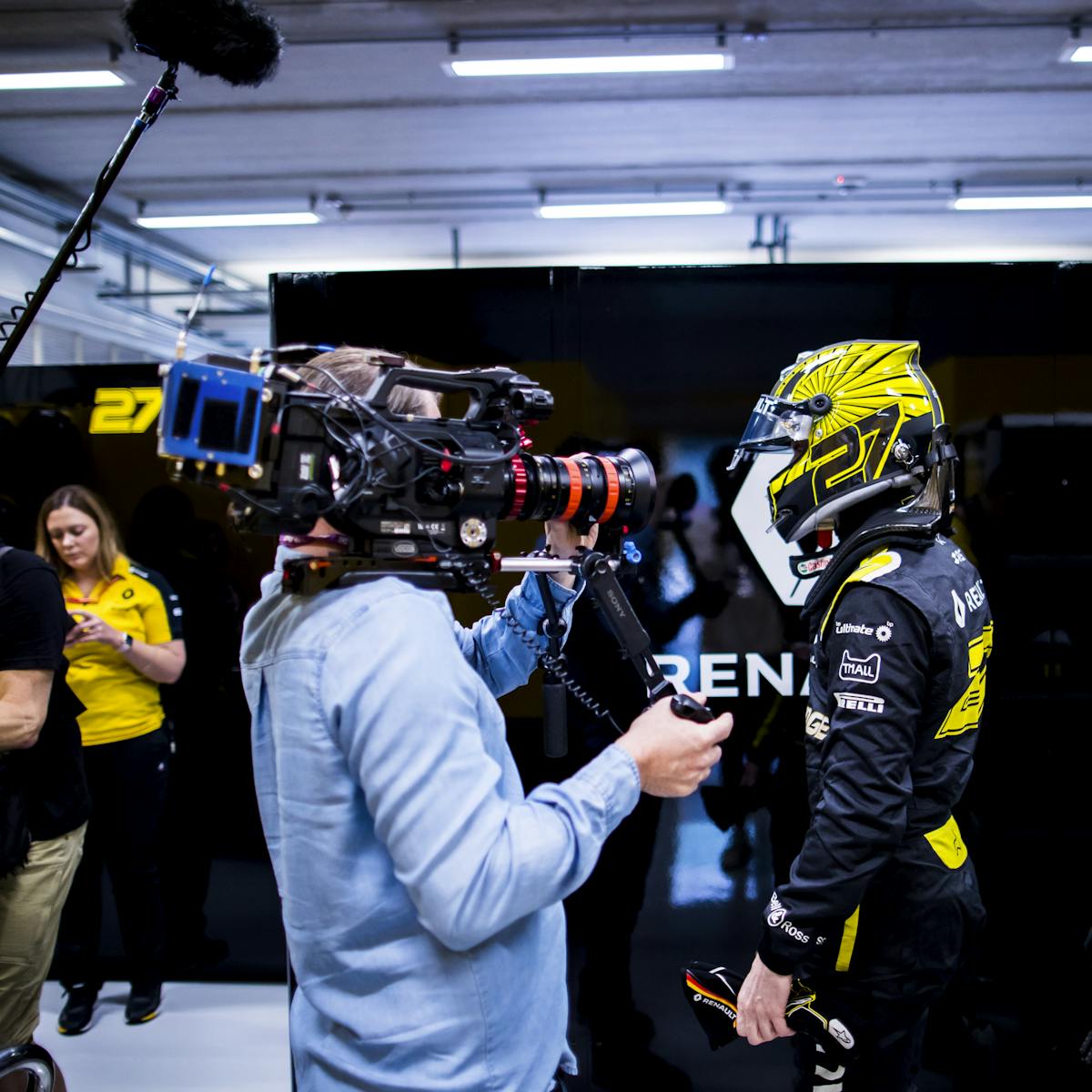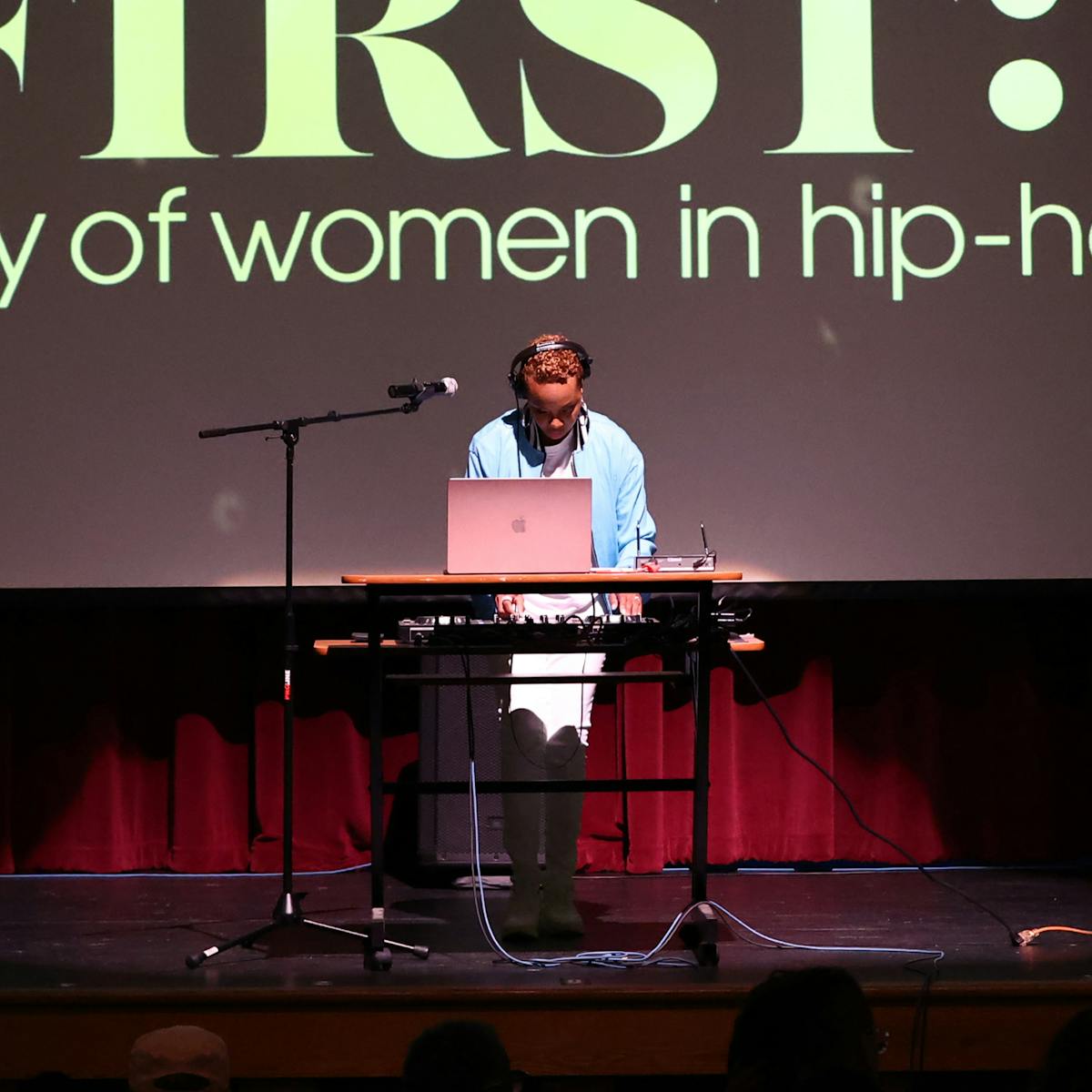Showrunner Kari Lia details how she brought the thrilling tennis docuseries to life.
Break Point brings the electrifying energy of the world’s biggest tennis tournaments into audiences’ homes, thanks to showrunner Kari Lia and her exceptional team of directors, producers, and editors. Featuring behind-the-scenes footage and interviews with tennis’s top talent, the docuseries offers intimate access to sports legends in the making. Here, Lia speaks to the magic and passion displayed by the elite athletes featured in Break Point.
An edited version of the conversation follows.
Madeleine Saaf Welsh: How did you join the Break Point team?
Kari Lia: James Gay-Rees and Paul Martin, the executive producers, asked me to be the showrunner. The access [to the tennis tour] was fantastic from the very beginning, but the key to the show is how you maintain that access. It’s all about trust, and that goes both ways. It was also crucial to put together a fantastic team — you can have the best access in the world, but if you don’t have top-notch directors and producers and production managers, then it doesn’t happen.
Were you part of picking which players you were going to follow?
KL: There was a long list from the start and then we had to see who played well and who we felt passionate about, who was going to have a fascinating story whether they won or lost. Like Ons Jabeur: I met her on my second day of filming and thought, This girl is fascinating. She’s so passionate and her story is incredible — what she’s had to go through to get to where she is. Seeing what happens to her is going to be interesting, whether she wins or loses. Now, she happened to have the most incredible season of her career, but we didn’t know that was going to happen! Some of it is just crossing your fingers and hoping for the best.
Describe a day for you when you’re at a tournament.
KL: It’s incredibly full-on. Every day you’re planning what you’re going to film. It’s not just filming at the tournament; we’re filming in hotel rooms, in the car, at restaurants. And so we’re constantly organizing how we’re going to make that work.
A lot of my job is also working with the players’ agents. Again, it’s all about trust. We always made time to talk through why we may want to film something. It’s important they understand that we want to be there whether they win or lose, so we’re capturing the genuine, raw emotions that most people don’t usually get to see. We’re not just turning up with a camera and pressing record.
Then the other tiny bit: If I ever had 10 or 15 minutes, I’d sit and watch the games. For me, sitting and watching a game at Roland-Garros is so different from Wimbledon. I just allow myself to sit in the stands. What am I hearing? What am I seeing? What is fascinating about this? How can we make this experience come alive for the viewers at home in a way that hasn’t been done before, that feels really immersive? And how can I talk to our team about how to do that? Everyone always says they want a new series to feel special but how do you practically make that happen? What are you experiencing that you can make come alive for our audience?
What was the team doing to create the visual language of the show and to bring to life the atmosphere of the tournaments?
KL: Our editing team started around the time of Wimbledon. Because we’re all editing in London, I had the whole editing team come down for the day to Wimbledon. And I just said, “I want you guys to sit and just watch a game in Centre Court. I want you to listen and watch.” I wanted them to do that before they’d edited anything, to have that immersive experience and think about how we can get that feeling across to the viewers.
We made sure our shoot team was able to do that as well: The first thing [they did] before they picked up the camera was to sit in a game and just watch, understand what’s going on in the match, and think about how they wanted to capture that. What are the angles? Where’s the emotion? It was very important to us that the team sat and experienced it and understood the game.
If you could do this all over with another sport, are there other sports you’d be interested in jumping into?
KL: I think the interesting thing about sports — it’s about people pushing themselves to their
maximum and trying to achieve the impossible. The mental and physical discipline that it takes to do that is fascinating. That’s just a great place to start a story. I think lots of sports lend themselves to that. I’d give my left arm to do basketball. I absolutely love basketball. It’s the best. And I play with my son now, even though I’m very short!






